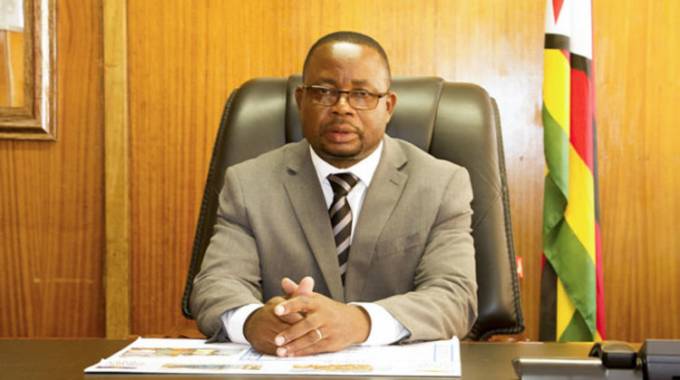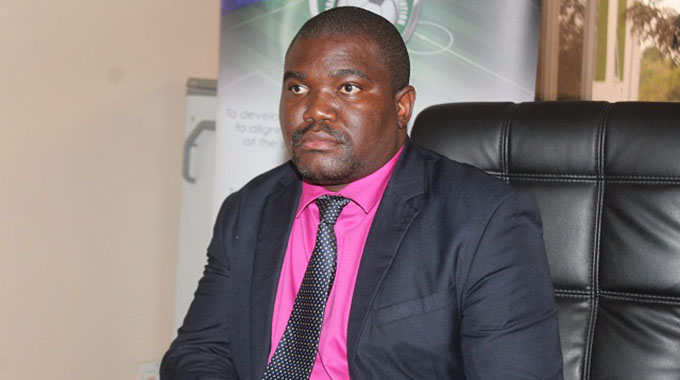JUST IN: Minister Mavima happy with development projects

Herald Reporter
Government has praised the US$330 000 projects being undertaken in Lupane to uplift the lives of citizens towards the attainment of Vision 2030 of an upper middle income economy.
Recently, Public Service, Labour and Social Welfare Minister Professor Paul Mavima went on a two-day tour of the projects and was impressed.
He toured the Lupane Abattoir and later the Tshongokwe Irrigation Scheme, in the company of Lupane Chief Mabhikwa, the ministry’s
Permanent Secretary Mr Simon Masanga, and other senior Government officials.
The project is managed under a Community Trust in which 10 percent of slaughter fees per beast go to the Trust to cover other community development projects.
After a Livestock Processing Indaba held in 2019 attended by players in the beef value chain, representatives of farmer associations and groups agreed to set up an abattoir in Lupane.
Conceptualised in conjunction with local structures – chiefs, headman, councillors, Government departments – to promote local ownership and buy-in, the project seek to enable recovery and enhance the resilience of at-risk smallholder farmers.
The abattoir and irrigation scheme were set up by the Zimbabwe Resilience Building Fund – Sizimele (ZRBF- Sizimele), and is providing processing facilities for the large cattle population in the area estimated at 107 000, while uplifting the lives of up to 31 455 households in three districts – Matobo, Insiza and Lupane.
The DanChurchAid Zimbabwe is the lead partner in the projects.
Community representatives shared testimonies of how the Tshongokwe Irrigation Scheme had improved their lives by providing food and money for school fees for their families.
Started in 1966, the scheme has grown over the years to a 24,4 hectare scheme with 64 plot holders.
Females constitute 64 percent of the irrigation scheme, which uses drip irrigation powered by two solar boreholes connected to two 10 000 litre water tanks, easing the burden of securing water.
“We cannot achieve this ambitious goal of becoming a middle-income country by 2030 alone,” said Prof Mavima.
“This is why I am happy that we have development partners such as DanChurchAid and others.”









Comments